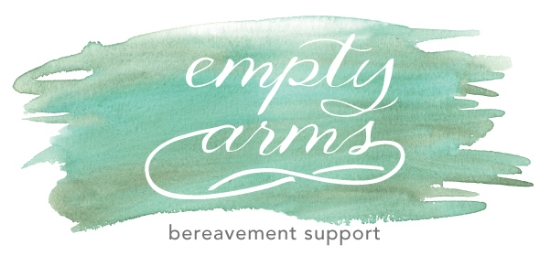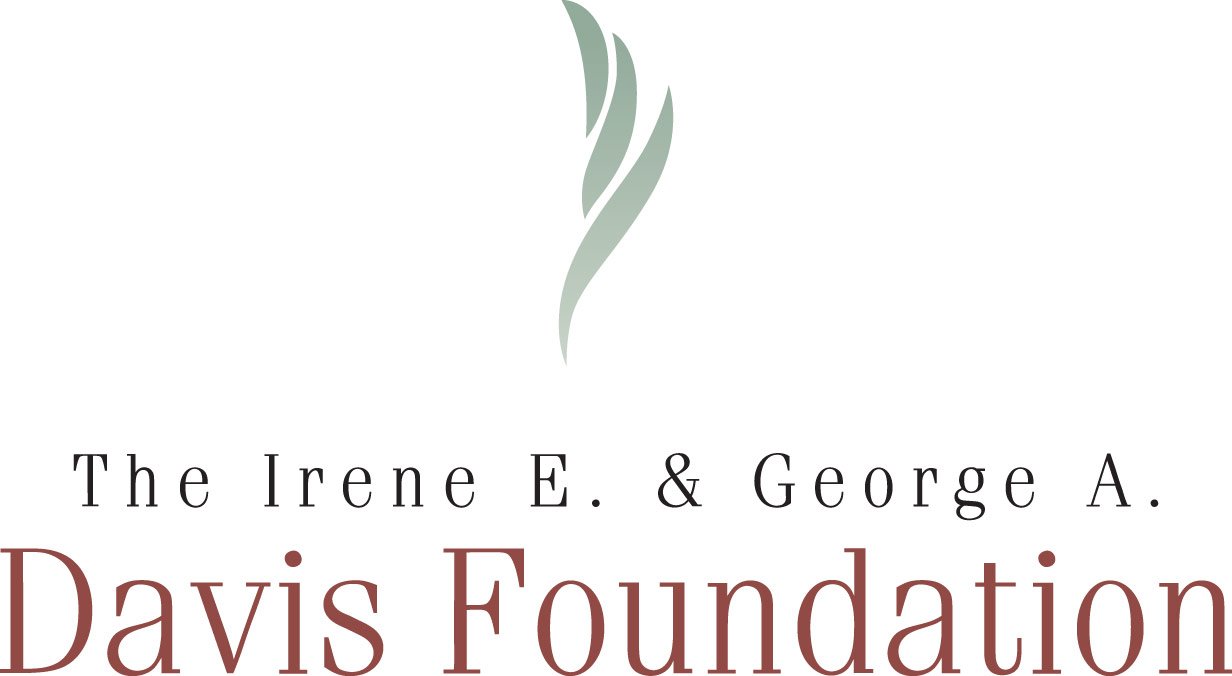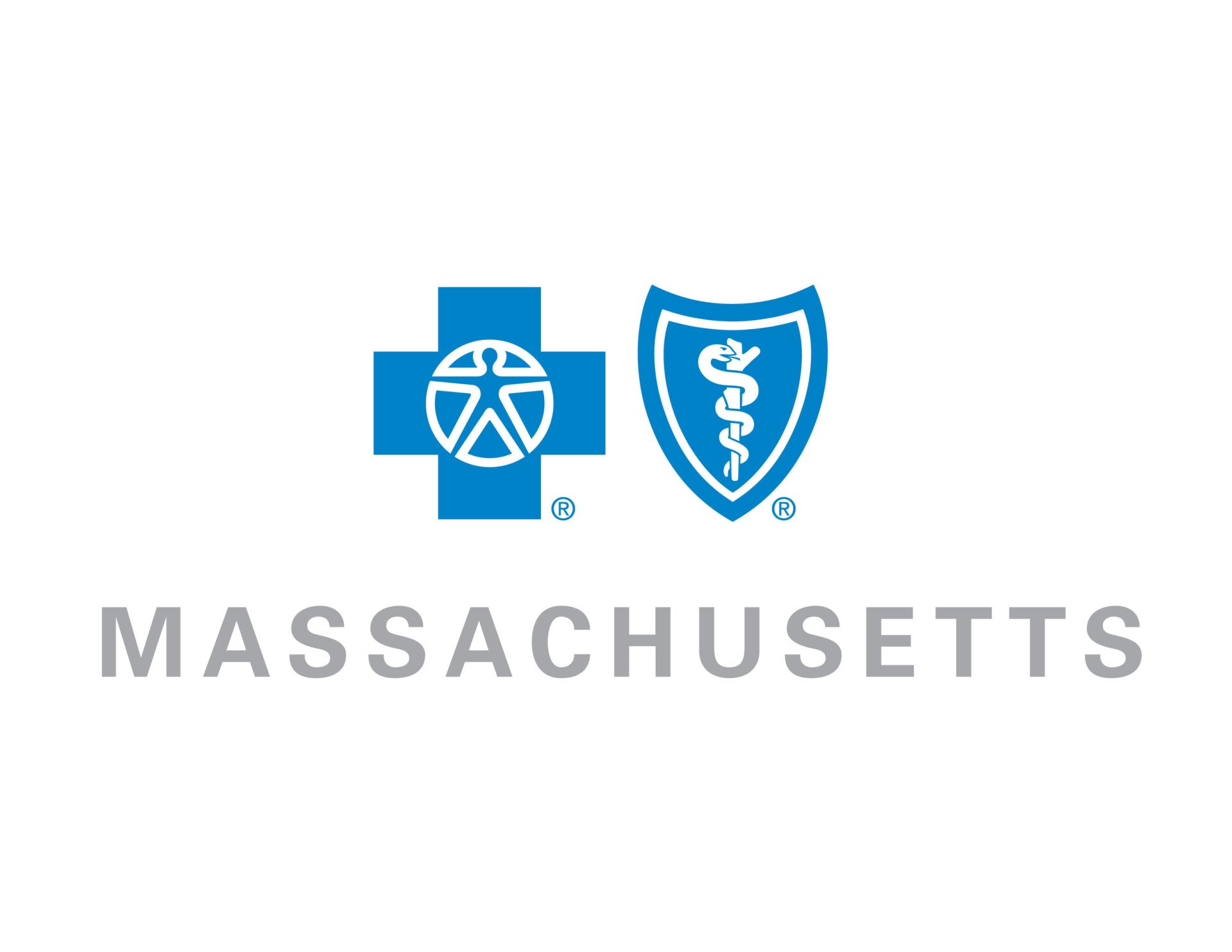Empty Arms is Invaluable... the story of Emily
/Emily Collins came into our office for the first time on a cold, gray November morning soon after her two-week-old son, Sebastian, died in the NICU. “Bash”, as he was lovingly called, died after a valiant struggle after being born at only 27 weeks gestation. At the time of his birth, Emily herself had been critically ill. Nevertheless, she spent nearly every waking hour at his bedside during his short life. Emily- who is a single parent- left the hospital on November 13 quite literally alone, with three bags full of Sebastian’s little clothes, blankets and other mementos. Sebastian lived for only two weeks, yet centuries of emotion and memory had been poured into little Bash before he died. Like most parents in her situation, Emily felt directionless and lost.
Emily recalls, “I think a social worker had mentioned Empty Arms or gave me a card when I was sitting with Bash… but I’m not sure I ever saw that card again. I remember going on the website at some point and looking through and thinking I wanted to reach out, but honestly don’t remember … I was so nervous about it. Support groups in movies seem so odd. You wonder to yourself, is it going to be the most awkward situation? When I reached out to [Carol] on the phone to ask about support groups she offered for me to come into the office on my own to chat, and we could have tea or coffee. Honestly, I’m not sure I would have come to a support group if I hadn’t come in and seen the comfy couches and felt the total lack of awkwardness.”
“When I went for that first time,” Emily continues,” I remember sharing a story about an unsupportive friend and Carol saying, Oh, how could she? And right then I knew that I wasn’t alone, that she got it.”
Emily shared that among her family and friends, she often felt as if she was constantly not meeting their expectations of “healing”. For example, only weeks after her son died, she was still having trouble getting out of bed in the morning. While this concerned some family members and friends, here at Empty Arms we immediately normalized that difficulty as something that most parents struggle with in the early months. At Empty Arms, Emily’s totally disheveled life, which had been chaotically shattered with the death of her son, was suddenly some version of “normal”- normal for a grieving parent, that is.
Emily also shared that one of the most helpful guidelines at Empty Arms groups is that there is no advice offered. “Carol always says in the beginning that this is not a place for advice and to hear that before we even talk is always so helpful. You just know that nobody is going to go there, and if they do, [the facilitator] will step in. I think so many of us have gotten so much advice (unsolicited) that it’s a real relief to be in that environment.” Like many people, Emily finds safety in a circle where the way she is healing and moved forward is not judged by anyone.
In addition, Emily mentioned the relief to be somewhere where she knows nobody is going to try to “find the silver lining” of her son’s death. “It’s so helpful to be able to speak and tell the story of Bash, and not feel like anyone will say things like, ‘It’s OK, everything happens for a reason’. At Empty Arms I can speak without advice, and not have anyone suggest that [Sebastian’s death] was what needed to happen in order for me to live a better life… I mean, I was a decent person before my baby died. I didn’t need my baby to die to become a better person or to feel like I had a purpose.” Sadly, Emily is not alone in being “talked out” of her grief, something which most of our families face from time to time.
Emily says, “I think Empty Arms is just invaluable… it’s an invaluable resource. I can’t say where I’d be without the help that I had. I was so angry and so sad when he died, and I’m still angry and sad. To know that even 7 months later Empty Arms is still there… that I can call anytime to talk, or go to a support group, it’s so helpful. And I know I could go in 5 years and nobody would say “Why aren’t you over it?” There’s no timeline. And the attitude at Empty Arms is that they don’t make me feel like I should be feeling any different than I do right now. It’s really hard to get that kind of support from family and friends. Even 7 months later support has really trickled off, there are people who literally seem to forget I even had him.”
Empty Arms will still be there for Emily-- this month, next month, next year-- and hopefully for many, many years to come. To be able to offer this refuge to people in the wake of such a substantial loss is a privilege, and we are so grateful that so many people in our community have pitched in to help to “raise our barn” and make this organization what it is today. Thank you so much for helping us, once again, keep Empty Arms thriving and growing for years to come.
Sweet baby bash!











